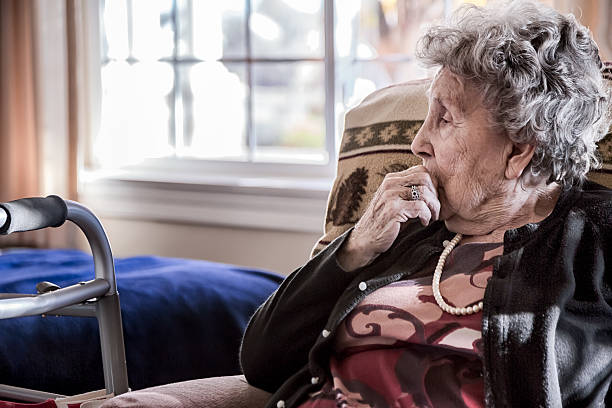The Social Issues of Home Care: Addressing Isolation and Promoting Connection
Home care, also known as private nursing or home healthcare, offers individuals the opportunity to receive personalized care in the comfort of their own homes. While home care provides numerous benefits, it is important to recognize the social issues that can arise for both patients and caregivers. In this blog post, we will explore the social challenges associated with home care and discuss strategies to address isolation and promote connection.
1.Social Isolation and Loneliness

One of the primary social issues of home care is the potential for social isolation and loneliness. Homebound individuals receiving care may experience limited social interaction due to various factors, including:
a. Reduced Mobility: Limited mobility can make it difficult for individuals to engage in social activities or maintain regular contact with friends and family. This can result in feelings of loneliness and social isolation.
b. Decreased Social Opportunities: Home care often involves staying at home for extended periods, which can reduce opportunities for social engagement and participation in community events or activities.
c. Caregiver Focus: Caregivers, whether family members or hired professionals, may focus primarily on providing care, resulting in limited time for social interaction. This can leave patients feeling emotionally disconnected and isolated.
2.Impact on Mental Health

Social isolation and loneliness associated with home care can have a significant impact on the mental health of both patients and caregivers. Some of the mental health challenges that may arise include:
a. Depression and Anxiety: Lack of social interaction and a sense of isolation can contribute to feelings of depression and anxiety in homebound individuals. The absence of regular social support networks can exacerbate these mental health issues.
b. Caregiver Stress: Caregivers who provide home care services may experience increased levels of stress and burnout due to the social isolation they may also experience. The lack of social support and respite can lead to feelings of overwhelm and emotional exhaustion.
3.Strategies to Address Social Issues

To address the social issues of home care and promote social well-being, several strategies can be implemented:
a. Regular Social Interaction: Encouraging regular social interaction is crucial for combating social isolation. Caregivers and family members can schedule visits, phone calls, or video chats to maintain connections with friends and loved ones.
b. Community Involvement: Engaging individuals receiving home care in community activities can help combat isolation. This may involve exploring local community centers, senior centers, or organizing transportation for social outings.
c. Support Groups and Respite Care: Support groups for patients and caregivers can provide opportunities to connect with others who are going through similar experiences. Respite care services can offer temporary relief for caregivers, allowing them to engage in social activities and take time for self-care.
d. Volunteer Programs: Involving volunteers in home care can provide social interaction for patients. Volunteers can assist with activities such as reading, playing games, or simply providing companionship.
e. Technology and Social Media: Leveraging technology and social media platforms can help bridge the social gap for home care recipients. Online communities, video chats, and social media platforms enable connections with friends, family, and support networks.
4.Education and Awareness

Increasing education and awareness about the social challenges of home care is essential. Healthcare providers, caregivers, and communities should be educated about the impact of social isolation and loneliness on individuals receiving home care. This awareness can drive the development of supportive programs, policies, and resources to address these social issues.
Conclusion
While home care provides personalized care in the familiar setting of patients’ homes. It is important to address the social issues that can arise. By focusing on strategies to combat social isolation. Promote regular social interaction, and raise awareness about the importance of social connection. We can enhance the social well-being of both patients and Caregivers.
